Delaware Prosperity Partnership
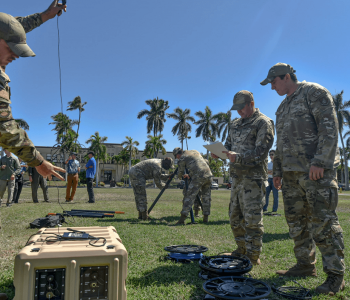
December 13, 2022
CP Cases Moving to Delaware to Expand

December 5, 2022
Startup302 Info Session December 14, 2022
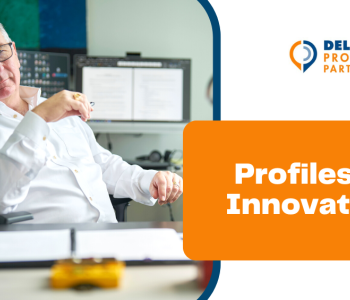
November 10, 2022
Profiles in Innovation: Dr. Eric Kmiec
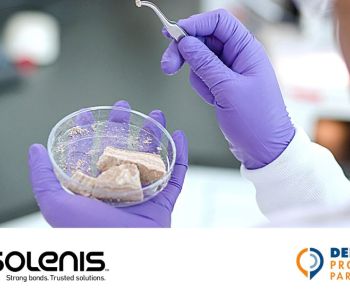
October 25, 2022
Global Water Tech Leader Expands in Delaware
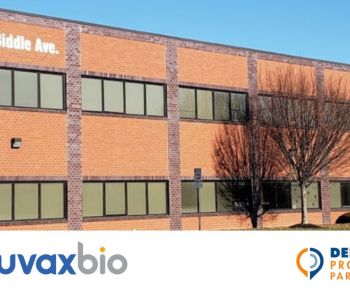
October 25, 2022
Biopharma Company Uvax Bio Chooses Delaware

October 21, 2022
Avelo to Open New East Coast Base in Delaware
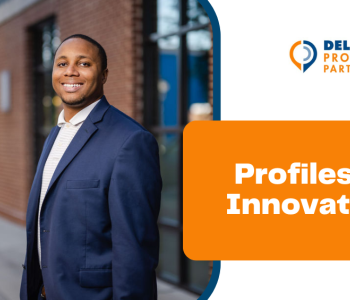
October 7, 2022
Profiles in Innovation: Launch Point Labs
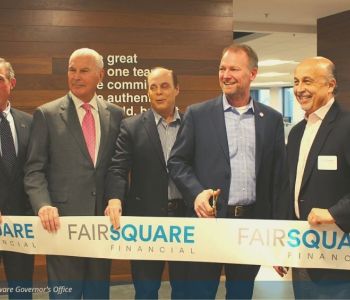
September 28, 2022
Ally Chooses To Grow Fair Square In Delaware
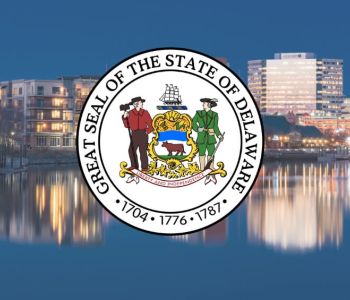
August 28, 2022
Delaware’s Top Bond Ratings Reaffirmed
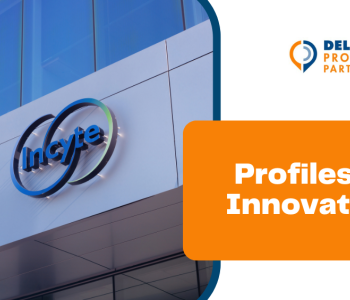
August 26, 2022
Profiles in Innovation: Incyte

August 23, 2022
DuPont Expanding in Newark, Delaware
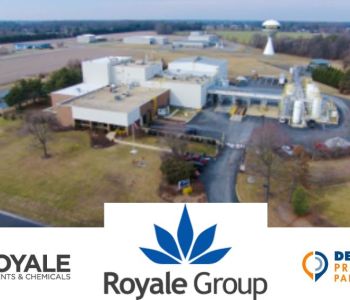
August 22, 2022
Royale Group Expanding to 2nd Delaware Site























